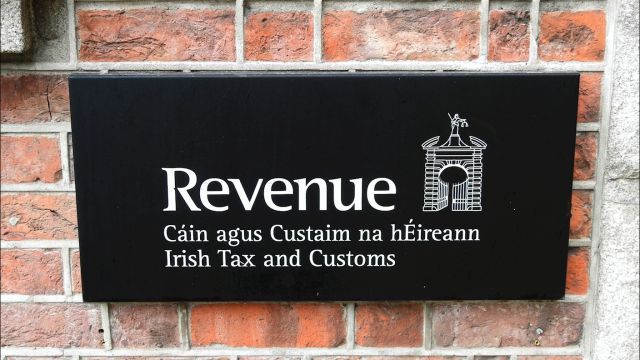Thousands of workers who have received the Pandemic Unemployment Payment (PUP) or the Temporary Wage Subsidy Scheme (TWSS) are set to face tax bills in the coming week.
Here is everything you need to know — from how to find out what you owe, to how much the bill is likely to be.
Hold on — why do I have to pay tax on these State subsidies?
The Government quickly introduced schemes such as the PUP and TWSS when the Covid-19 pandemic arrived, and did not allow for such subsidies to be taxed at source.
This means that those who received payments must now arrange to settle tax bills, where they arise, on those payments.
Revenue has noted from the beginning that these payments would involve a tax bill.
However, many workers may be unaware of the extent of their tax liability. For example, more than 660,000 people who received at least one payment via the TWSS may face a tax bill.
How will I know if I’m affected?
Revenue will inform anyone who availed of State wage subsidies during 2020 of any outstanding tax liability — the amount of tax they now owe — that is associated with those payments.
All PAYE workers are set to receive preliminary end-of-year statements next Friday, January 15th.
Workers can access this statement online, though Revenue will also write to those who owe money in the first quarter of the year.
Starting next week, Revenue will also run a national broadcast media campaign aimed at reminding PAYE taxpayers of the end of year process and how things work.
Is this tax bill final?
The preliminary end-of-year statement sets out a provisional tax position for the year, based on information available on Revenue records.
For 2020, the provisional tax position will include any TWSS payments reported by someone’s employer and/or PUP amounts received from the Department of Social Protection.
However, you may want to finalise your bill by completing a tax return and making sure to claim additional tax credits you may be eligible for, such as health expenses.
How do I finalise my bill or claim additional tax credits?
An employee can finalise their tax position for 2020 by completing an income tax return online. This tax return will be pre-populated with the information shown on the preliminary end-of-year statement.
An employee can review this and claim additional tax credits, such as health expenses, or declare additional incomes.
Once someone submits their tax return, a statement of liability will then be issued a short time later that sets out the person’s final tax position for the year.
What happens when I receive my final tax bill — do I pay online?
The final tax position can be balanced, which means that the correct amount of tax deductions were made by a person’s employer during the year. However, there may alternatively be an overpayment or underpayment of tax.
If someone is found to owe tax at this point, Revenue has said it will be collected — interest free — by reducing the employee’s tax credits over four years to minimise any hardship. This reduction of tax credits will not begin until January 2022.
An employee will also be given the option to fully or partially pay any tax liability through the payments/repayments facility in Revenue’s online portal.
Tell me what I've been wondering all along — how much will I owe?
Someone's tax liability will depend on a number of factors, including their personal circumstances, the tax credits they are entitled to and the amount of tax they have already paid throughout the year.

There have been estimates that some people could owe more than €1,000 in tax on pandemic wage subsidies this year, with the Irish Times reporting that someone who received the average weekly payment of €280 on the TWSS could face a tax bill of about €1,167.
For those who received payments under the PUP and/or TWSS, Revenue said the amount of tax owed will be affected by factors such as:
- How long someone was on the PUP and the different rates of PUP applicable. For example, the standard weekly tax credits for a single person of €63.46 fully cover any tax liability arising on the two reduced rates of the PUP.
- The unused tax credits someone may have accumulated while receiving the payments. Revenue placed all employees in receipt of these payments on a ‘Week 1 basis’ from June 21st, 2020 to minimise the amount of tax they might owe at the end of the year.
- The tax credits someone is entitled to but has yet to claim for the 2020 tax year. For example, health expenses.
- The top up amount, if any, paid by employers to employees on the TWSS.
- The rates of pay for employees post-PUP and/or TWSS.
- The total income of the employee in the year.
- The level of wages of the employee in receipt of either of the payments for January and February 2020.
Can my employer pay the tax on wage subsidies?
Revenue has confirmed employers can cover the tax shortfalls without incurring a benefit-in-kind liability for their employees.
However, the Irish Times reports one tax leader with Chartered Accountants Ireland does not expect many employers will do this, as those claiming the TWSS have typically been the most affected by difficult trading conditions during the pandemic.







